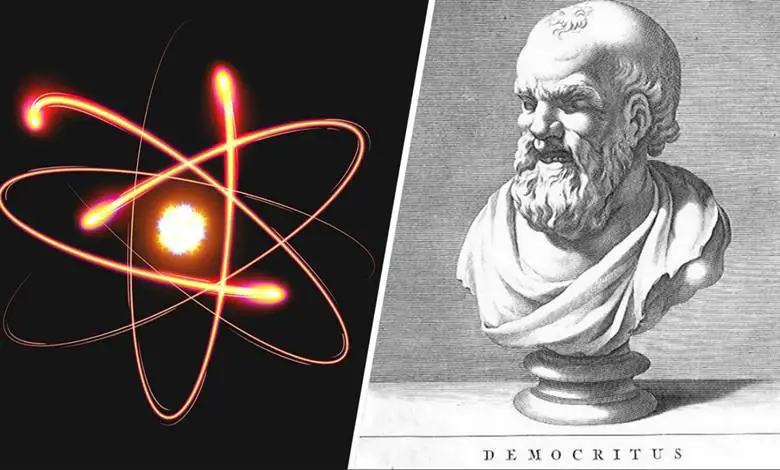Hello! Today, we delve into the depths of philosophy to explore one of Ancient Greece’s most significant philosophers, Democritus, and his philosophy of atomism.
Who Is Democritus?
Democritus was an Ancient Greek philosopher born around 460 BCE and died around 370 BCE. Known as the “laughing philosopher” in Ancient Greece, his thoughts on nature and knowledge regained prominence during the scientific revolution, laying the groundwork for modern science. He was born in the city of Abdera, located in the region of Thrace, within the modern borders of Greece. Coming from a wealthy family, Democritus had access to an extensive education and the opportunity to travel to places such as Egypt, Babylon, Persia, Ethiopia, and India during his youth.
The Philosophy of Atomism
One of Democritus’ most significant contributions is the idea that everything is composed of indivisible particles called atoms. As the first philosopher to use the term “atom,” he proposed that the universe consists of an infinite number of atoms and void. According to him, atoms vary in shape and size and combine to form various substances. Although this idea was a speculative theory at the time, it has been validated by modern science.
The Structure of Atoms
Democritus argued that matter cannot be infinitely divided and accepted atoms as the smallest unit of matter. The motion and combination of atoms, he suggested, explain all physical phenomena in nature. While modern science has discovered subatomic particles, Democritus’ forward-thinking concept played a crucial role in the development of scientific thought.
Nature and Science
Democritus believed that everything in the universe operates on a principle of causality. He held a mechanistic worldview, asserting that all events in the universe can be explained by physical causes. These ideas form the foundation of modern scientific determinism.
Views on Knowledge and Ethics
Democritus posited that human knowledge is obtained through the senses, although he acknowledged that the senses can be deceptive. Hence, he emphasized the necessity of reasoning to attain true knowledge. His epistemology reflects an early expression of rational analysis and critical thinking.
In ethics, Democritus emphasized the importance of happiness and inner peace. He believed that a happy life is achievable through avoiding excess and leading a balanced and wise existence. Simplicity and reason are the cornerstones of his moral philosophy.
The Legacy of Democritus
Democritus is recognized as one of the most forward-thinking philosophers of his time, contributing significantly to natural philosophy and the development of scientific thought. By introducing the concept of the atom, he took a major step toward understanding the fundamental building blocks of matter and proposed that the universe operates under mechanical laws. Moreover, his humorous and cheerful perspective on life mocked the absurdities of human existence.
In conclusion, Democritus’ philosophy underscores the importance of the pursuit of knowledge and reasoning. By following his path, we can develop a proactive system of thought that remains a valid roadmap for the advancement of philosophy and science today.
